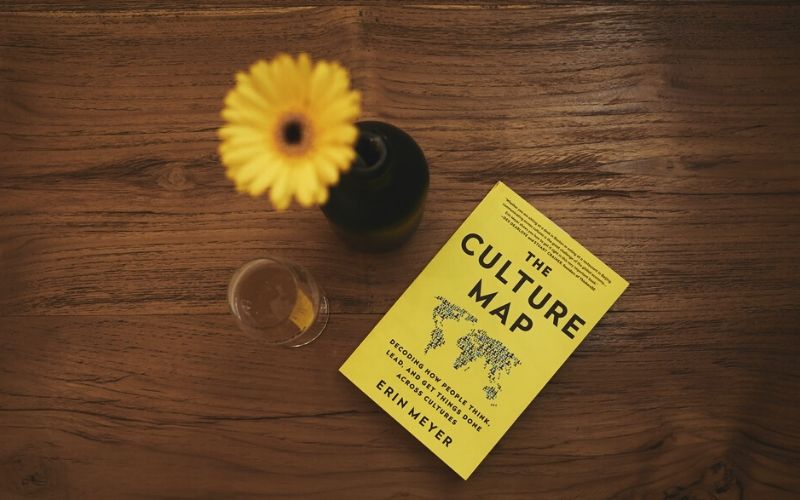AVTOR: JASON BLAKE
Who’s who? What’s This? and What Does “…” include?
Unclear pronouns, clipped lists, and too-long sentences are a few of my least favourite things.
The first two are easy to repair. Too-long sentences deserve their own blog post, so stay tuned for that.
Unclear Pronouns 1 – Who’s who?
The pronouns in this description would puzzle no one:
Mark and Sally rented a hut on Velika planina. He went hiking on his own for three hours, and until he got back she was confused about why he didn’t come when she called him.
Why would no one be puzzled? Because there’s one he and there’s one she and life is pronominally simple.
But things get tricky when she and she or he and he or singular, non-binary they and they rent huts:
Sandra and Sally rented a hut on Velika planina. She went hiking on her own for three hours, and until she got back she was confused about why she didn’t come when she called her.
The easy fix: Repeat the full noun every third time so you don’t have three pronouns in a row:
Sandra and Sally had rented a hut on Velika planina. Sandra went hiking on her own for three hours, and until she got back Sally was confused about why Sandra didn’t come when she called her.
True, your sentence might get bogged down in names – especially if the multisyllabic Bartholomew and Benjamin or Maruška and Manuela are the hut-renters – but at least your reader will know who’s doing what to whom. They’ll know whose pronoun is whose.
In most writing clarity is more important than style.
Unclear Pronouns 2 – What’s This?
The game went to penalty kicks and, right when Messi was about to take one, Uncle Simon, dressed in his usual beehive wig, came in with a tray of canapés and asked, ‘Who’s playing?’ This was distracting.
What was distracting? Uncle Simon’s entrance? The wig? The tray of canapés? The question about who was playing?
The easy fix: Add a noun whenever you start a sentence with “This…” (This, I realize, is a massive generalization. Sorry, This tip is a massive generalization.)
Your reader will be thankful if you start with “This question…” or “This wig…” or, most likely, “This intrusion…” If they already know what “this” refers to, they can skim over the extra noun. Little time is lost.
Much time is lost if your reader has to go three sentences back to find an antecedent – that is, to find the noun that the demonstrative pronoun This is pointing to.
(Ben Yagoda’s How to Not Write Bad: The Most Common Writing Errors and the Best Ways to Avoid Them has a nifty section on vague pronouns, including the habit of writing “this to mean, basically, ‘all the stuff I just said.’”)
Clipped lists.
“among other things” and “…” and “etc.” are the bluffer’s trinity.
I should know. I use them all the time when I’m writing in Slovenian and I’m too lazy to flesh out my sentence. Or when I can’t actually think of a second or third example. As a bluffing technique, such clipped lists are as useful as chewing gum to cover beer-breath.
Only use “etc.” or “…” or “among other things” when you know the reader is right with you and has the exact same list in mind. Is that ever the case?
Imagine someone calling a friend for help with a flat tire and hearing, “Well, turn the bike over, take off the wheel, etc., then listen carefully for any escaping air…”
What does “etc.” include? The bell? The light?
Or getting a text: “Take off wheel…, listen for air…” What else should I be listening for?
Often the creator of the non-list is not bluffing. They’re just assuming that the listener or reader knows exactly what they do.
The hapless cyclist knows nada about bikes; that’s why he called a friend. And that’s why “etc.” and “…” are especially cruel instructions for stranded pal.
These instructions would be clearer:
Well, take off the whole wheel, then remove the tire and the inner tube. Then listen carefully for any escaping air… Then give me twenty minutes to drive over to where you are, ’cuz that’s what you were really asking, isn’t it?
As well, it’s easy to forget that others lack our cultural references, which is why a non-list like this is mean: “The anthology focuses on Slovenian writers such as Cankar…”
An easy solution is to have at least three items or names on your list:
The anthology focuses on Slovenian writers such as Ivan Cankar, Vladimir Bartol, and Ciril Kosmač.
By the way, you can move “such” forward and sound fancier:
The anthology focuses on such Slovenian writers as Ivan Cankar, Vladimir Bartol, and Ciril Kosmač.
More importantly, writing “such X as…” means you don’t have to trouble yourself over whether the phrase following “such as” is being used non-restrictively or whether it is restrictive. Non-restrictive phrases require commas, but the others don’t. By writing “such X as…” you can avoid being driven mad by punctuation.
…and please use full names if your reader isn’t likely to already know the who’s who of Slovenia.















